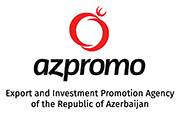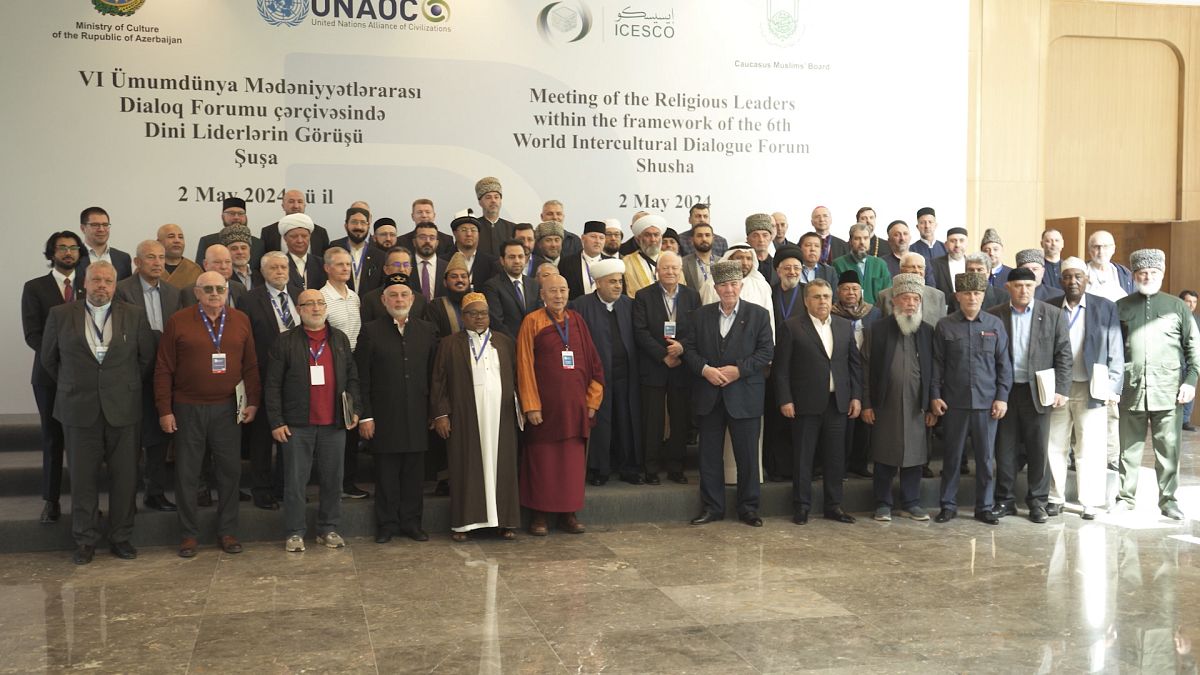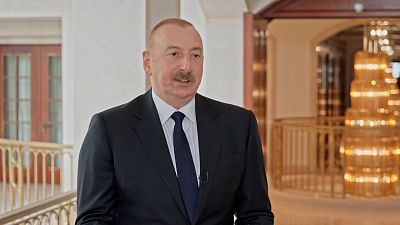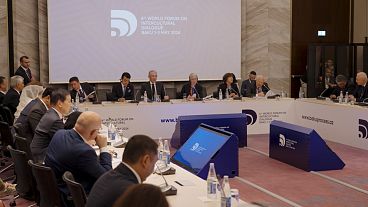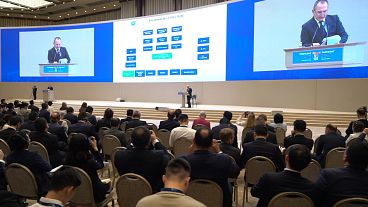The theme of the event this year was peace and global security.
Over 700 participants from 110 countries came together in Baku for the sixth World Forum on Intercultural Dialogue.
“It's unique because it states every time it gets together, the need to talk, the need to change, the need to understand the others,” assistant director-general for social and human sciences at UNESCO, Gabriela Ramos, said of the forum. “I feel it's very important that in the context of conflict, war, division, stress in our countries, we are reminded that humans need to talk,” she added.
Other issues on the agenda included poverty, education, gender inequality and migration. According to the 2024 World Migration Report, the number of displaced individuals has surged to the highest levels in modern-day records, reaching 117 million. Ramos said: “Migrants in Europe are so stereotyped ... increasing populist leadership is bringing these divisions because they look different, because (their) identity is different. Then it must be a problem, which it is not.”
President of Azerbaijan Ilham Aliyev attended the opening of the three-day forum and reflected on the success of the Baku Process, a global strategy for intercultural dialogue. He said: “When we launched the process, we could not have even imagined that it would transform into a global platform bringing together people - intellectuals, politicians, decision-makers, media representatives, representatives of civil society, and religious leaders - united with one goal of making the world safer and more secure. Because dialogue between cultures is the basis for this.”
Climate issues were also high on the agenda as Baku prepares to welcome the world when it hosts COP29 in November.
“We are defending saving the planet. My mandate and today's conference are to save humanity,” said Miguel Angel Moratinos, United Nations under-secretary-general and high representative at the UNAOC.
One of the side events of the conference was a visit by multi-faith religious leaders to Shusha, which has been declared the culture capital of the Islamic world 2024.
Sheikh-ul-Islam Allahshukur Pashazadeh, chairman of the Caucasus Muslim’s Board and co-chair of the Interreligious Council said: “What you are seeing today at this event in Shusha is a reflection of the state of things in our society, where we, representatives of different religions, live as one united family.”
Rabbi Gady Gronich, CEO and chief of staff to the president of the Conference of European Rabbis, reflected on the need to get communities to connect in order to help resolve conflict. “One of the things that is still missing today from the religious leaders is speaking with our communities,” he said. “Going down to the people and explaining to the people [about] the situation and trying to find common lines between all different religions, because each of us has his own agenda, has his own way of thinking ... I think one of the probably basic ways (to do this) is to invest in the education of our people.”
The need for a more connected world was also welcomed at the forum. Prof Alpaslan Özerdem, Dean of the Jimmy and Rosalynn Carter School for Peace and Conflict Resolution at George Mason University, USA, said that challenges may not be solved overnight. “Let's face it, we spend years, decades to kill each other, right? So we shouldn't be that impatient when it comes to building peace.”
